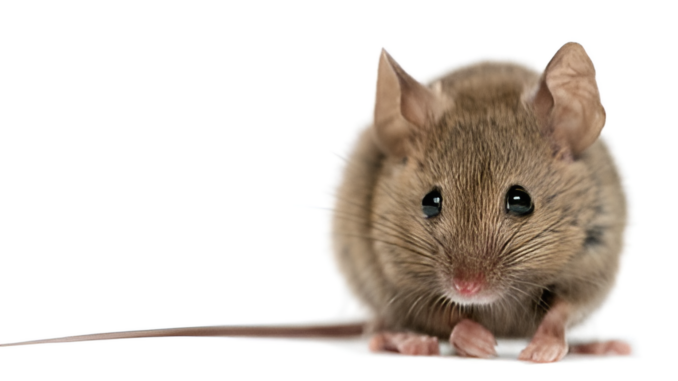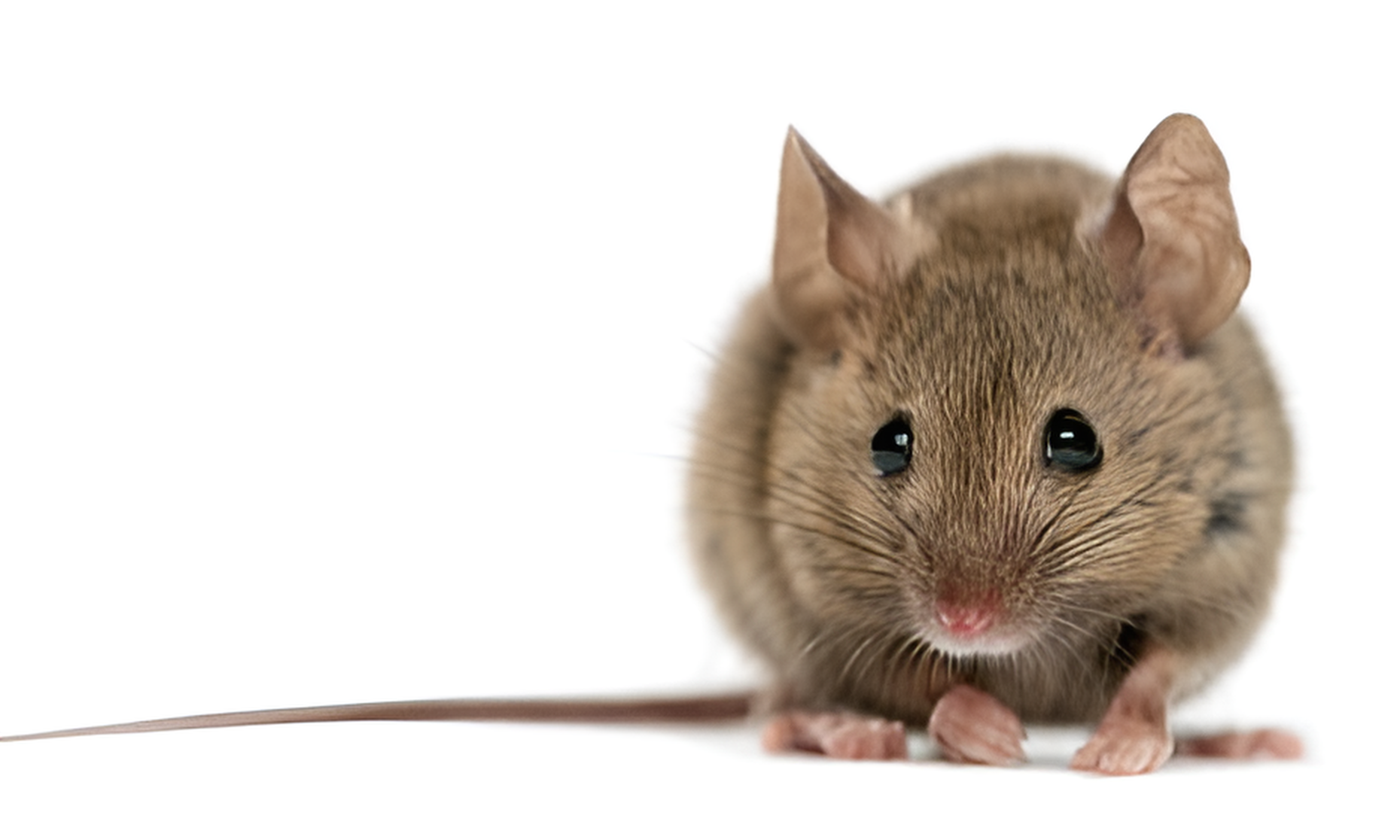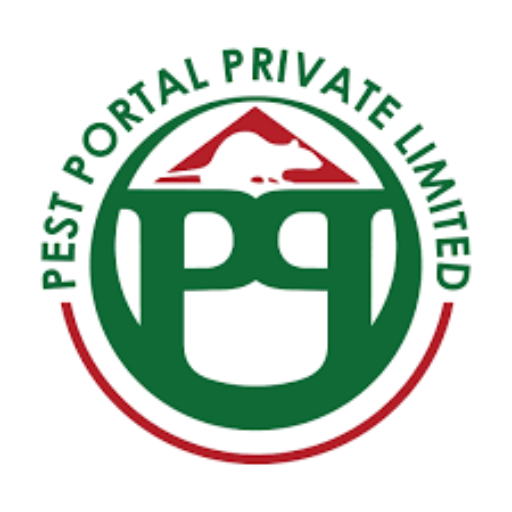
A Rat’s Paradise: Why Harare and Zimbabwe See So Many Rodents
Have you got a problem of rats in Harare and Zimbabwe? At Pest Portal Zimbabwe, we offer affordable and reliable rat and rodent control solutions. Call 0772593344
Rats. The very word sends shivers down the spines of many. These ubiquitous creatures are a constant source of concern, especially in urban areas like Harare and across Zimbabwe. While they’re often seen as a nuisance, understanding what attracts them to our homes and yards is crucial in effectively controlling their presence. This blog post will explore the key factors that make Harare and Zimbabwe a haven for rats, providing you with the knowledge to minimize their attraction to your property.
Food, Glorious Food:
The primary driver of rat infestations in Zimbabwe is, unsurprisingly, the availability of food. In urban environments like Harare, readily accessible sources of food abound:
Unsecured Garbage: The presence of overflowing bins, open compost heaps, and poorly stored food waste creates a veritable feast for rats.
Pet Food: Leftover pet food left out overnight or in easily accessible containers is a magnet for hungry rodents.
Bird Feeders: Bird feeders, while meant for feathered friends, can also attract rats, especially if they’re not kept clean and regularly replenished.
Fruit Trees and Gardens: Fallen fruit, vegetables left unattended in gardens, and poorly stored produce can easily attract rodents seeking a tasty treat.
Shelter and Security:
Rats are masters at finding cozy and secure shelters. These can be found in various locations:
Cracks and Gaps: Even the smallest cracks in walls, around windows, or under doors provide entry points for these nimble creatures.
Overgrown Vegetation: Unkempt yards with thick bushes and tall grasses offer perfect nesting sites for rats, providing them with concealment and protection.
Attic Spaces and Basements: These often neglected spaces are prime real estate for rats, offering ample shelter and protection from the elements.
Abandoned Buildings and Structures: Unoccupied structures provide perfect havens for rats to breed and establish their colonies.
Water, Water Everywhere:
Rats require water to survive. This doesn’t mean they need a large pool, as they can thrive even with minimal access:
Leaking Pipes and Faucets: Even a small drip can attract thirsty rats, providing them with a constant source of water.
Overflowing Gutters and Drainage Systems: Standing water in gutters and drainage systems can be a prime attraction for rats.
Pet Water Bowls: Unattended pet water bowls, especially those left outside, can become a source of water for rats.
Specific Challenges in Harare and Zimbabwe:
While the factors above are universal, there are specific challenges in Harare and Zimbabwe that exacerbate rat infestations:
Urban Sprawl: Rapid urbanization in Harare has led to increased construction and demolition, creating debris piles and open spaces that attract rats.
Limited Waste Management: The lack of proper waste management systems in some areas contributes to the accumulation of garbage, a key source of food for rats.
Climate: The warm and humid climate of Zimbabwe creates favorable conditions for rat breeding and survival, allowing them to thrive year-round.
Beyond the Basics: Other Factors:
While food, shelter, and water are essential, other factors also play a role:
Lack of Predators: The absence of natural predators like owls and snakes in certain areas can lead to unchecked rat populations.
Human Activities: Construction activities, storage of goods, and agricultural practices can disrupt rodent habitats, forcing them to seek refuge in homes and yards.
Taking Action: Preventing Rat Infestations
Seek Professional Pest Control Help: If you suspect a rat infestation, consult Pest Portal Zimbabwe. We are a professional pest control company that offers effective rodent control and treatment options.
The key to reducing rat infestations is to remove their attractions. This involves:
Proper Waste Management: Securely store garbage in rodent-proof bins, clean up spills immediately, and compost responsibly.
Food Storage: Store food in airtight containers, clean up crumbs and spills, and consider using pet food dispensers that are less accessible.
Yard Maintenance: Keep your yard tidy, trim overgrown vegetation, and remove clutter.
Structural Repairs: Seal up any cracks, gaps, or holes in your home, replace damaged screens, and ensure all windows and doors close securely.
Water Management: Fix leaky pipes and faucets, clean gutters and drainage systems, and consider using pet water bowls that are harder for rats to access.
Conclusion
Rats are a persistent challenge in urban areas like Harare and across Zimbabwe. Understanding their attractions, including food, shelter, water, and specific local factors, is crucial for implementing effective control measures. By taking proactive steps to eliminate their food sources, secure your property, and manage water sources, you can create a less hospitable environment for these unwanted guests. Remember, a clean and well-maintained home and yard is the best defense against rat infestations.


